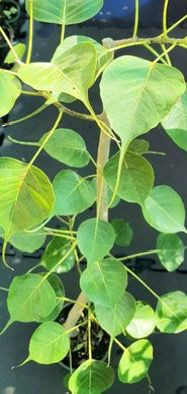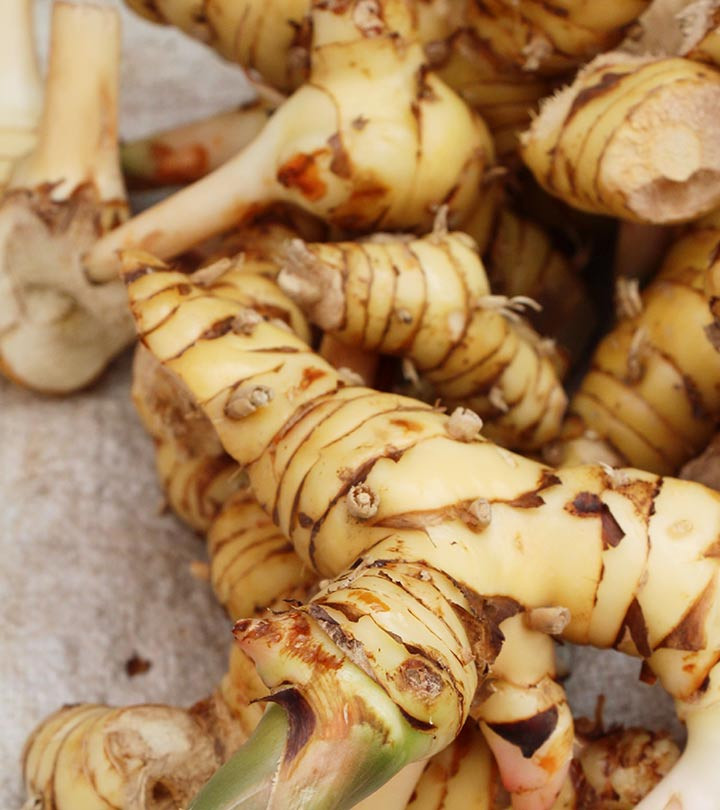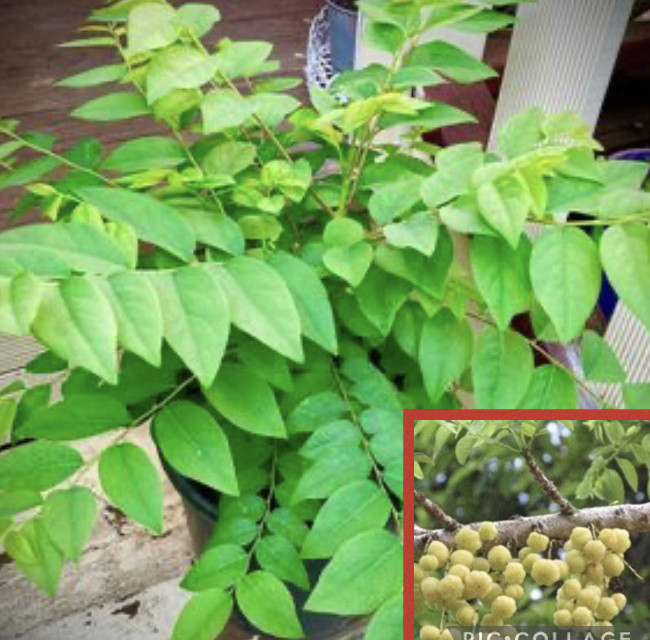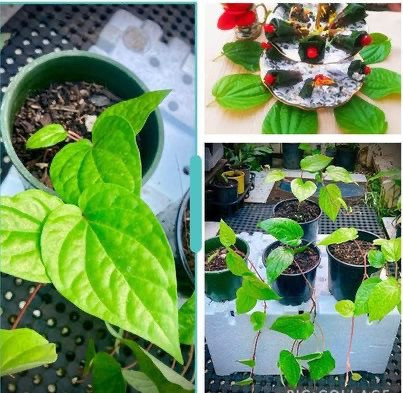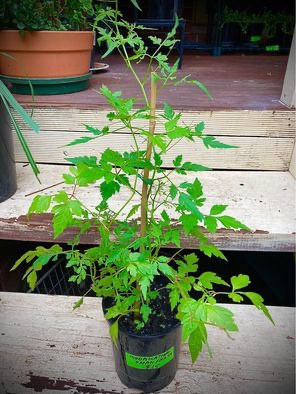
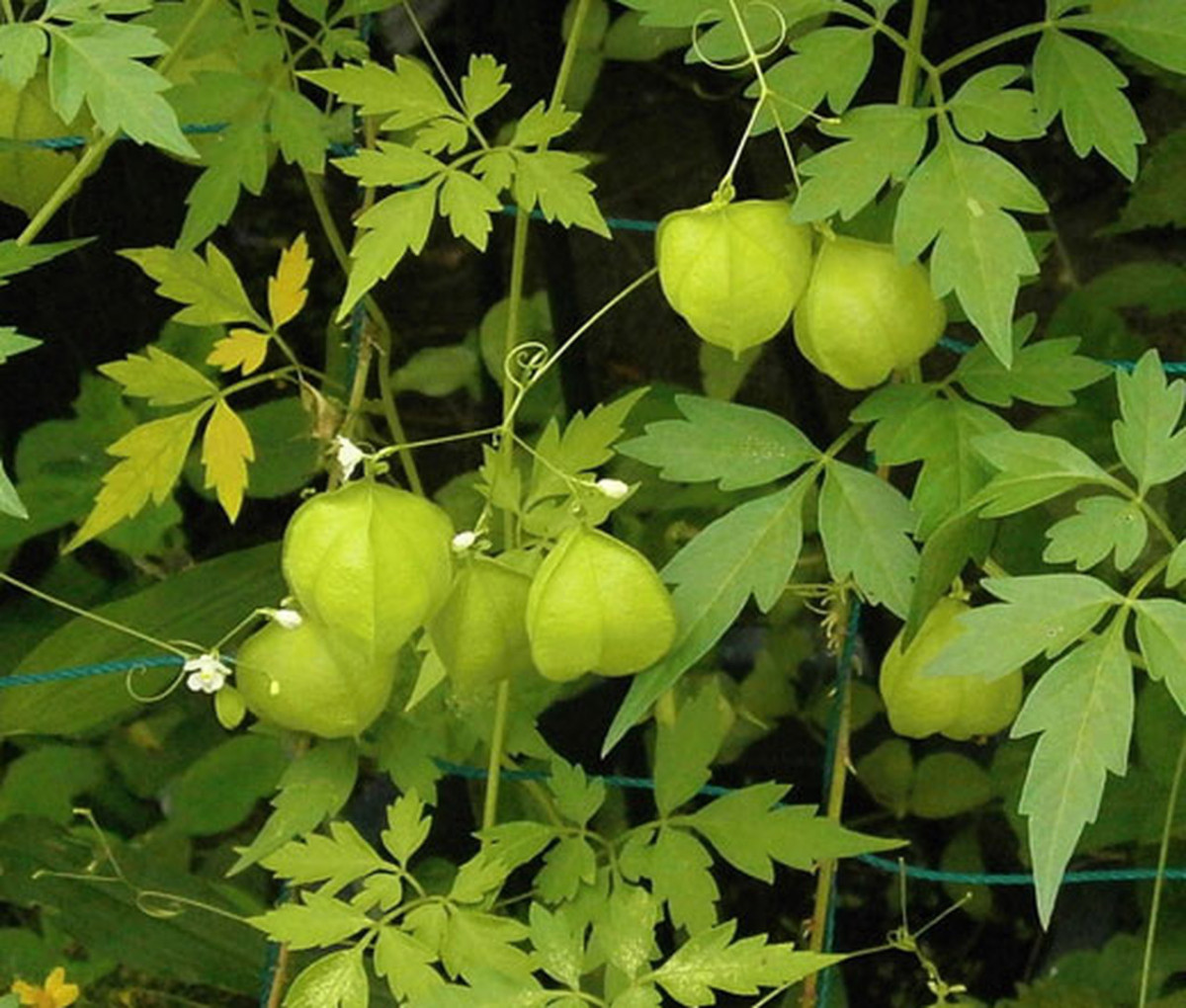
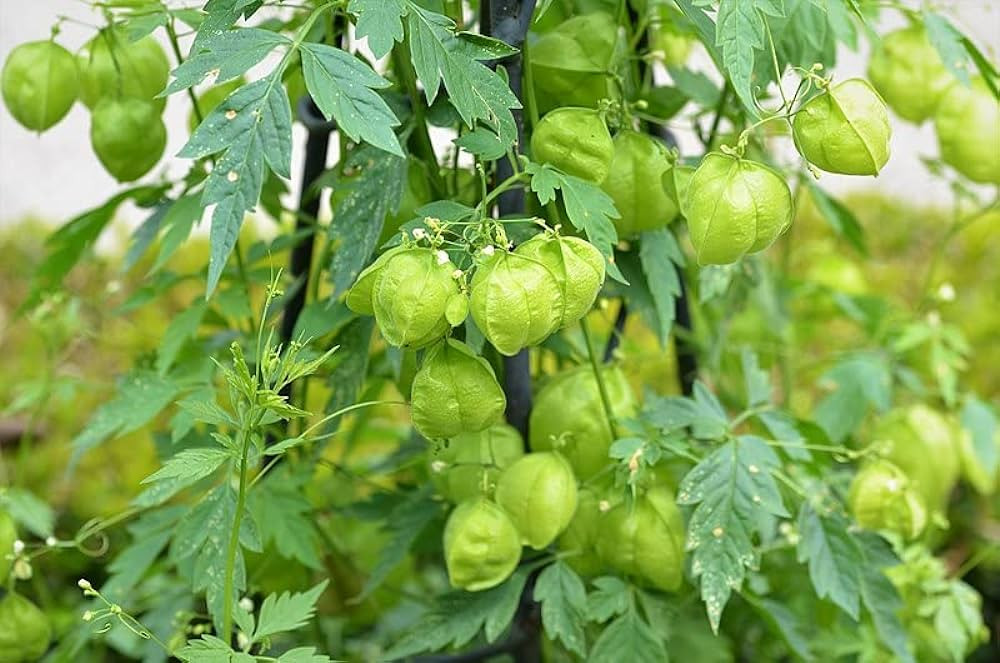
MUDAKATHAN/ Balloon vine
Category : Ayurvedic / Medicinal Plants
Mudakathan, scientifically known as Cardiospermum halicacabum, is a climbing plant commonly found in tropical and subtropical regions. It is widely recognized for its medicinal properties and is used in Ayurvedic and traditional medicine for treating various ailments, particularly those related to inflammation and joint pain.
Appearance
- Plant: Mudakathan is a herbaceous, perennial climbing plant that can grow up to 3 meters in length. It has a slender, flexible stem that climbs using tendrils.
- Leaves: The leaves are compound, with three leaflets that are deeply lobed and serrated. They have a feathery appearance.
- Flowers: The plant produces small, white flowers that are about 5 mm in diameter. The flowers are arranged in clusters.
- Fruit: The fruit is a distinctive, inflated, balloon-like capsule, which is light green and turns brown as it matures. Each capsule contains three seeds, which have a heart-shaped white mark, giving the plant its name "Heartseed."
Habitat
Mudakathan thrives in tropical and subtropical climates. It is commonly found in forests, along roadsides, and in waste areas. The plant prefers well-drained soil and can grow in various soil types, including sandy and loamy soils. It grows well in full sun to partial shade.
Uses
Medicinal Uses: Mudakathan is renowned for its medicinal properties and is used in various traditional medicine systems:
- Anti-inflammatory: The plant is used to treat inflammatory conditions such as arthritis and rheumatism. It helps reduce joint pain and swelling.
- Antioxidant: It contains antioxidants that help protect the body from oxidative stress and free radical damage.
- Antimicrobial: Mudakathan has antimicrobial properties that help in treating infections and wounds.
- Respiratory Health: The plant is used to treat respiratory conditions such as asthma and bronchitis.
- Digestive Health: It aids in digestion and is used to treat gastrointestinal issues like ulcers and constipation.
Culinary Uses:
- Leaves: The leaves of Mudakathan are edible and are often used in traditional recipes. They can be cooked and added to dishes such as soups, stews, and chutneys.
Other Uses:
- Traditional Medicine: The plant is used in various formulations in Ayurvedic and traditional medicine for its health benefits.
- Herbal Remedies: Mudakathan is available in the form of powders, capsules, and extracts for its medicinal properties.
Active Compounds
Mudakathan contains several bioactive compounds that contribute to its medicinal properties:
- Flavonoids: These antioxidants help reduce inflammation and protect against various diseases.
- Saponins: Known for their anti-inflammatory and antimicrobial properties.
- Alkaloids: Compounds that have a wide range of pharmacological effects, including pain relief and anti-inflammatory actions.
- Steroids: These compounds contribute to the plant’s anti-inflammatory properties.
Safety and Precautions
Mudakathan is generally considered safe for consumption when used in moderate amounts. However, individuals with specific health conditions or those taking medications should consult a healthcare provider before using it as a supplement. Pregnant and breastfeeding women should seek medical advice before incorporating Mudakathan into their diet or treatment regimen.
Cultural Significance
Mudakathan has been used in traditional medicine for centuries, particularly in India and Southeast Asia. It is often utilized in Ayurvedic formulations and home remedies to treat various ailments and promote overall health.
Conclusion
Mudakathan (Cardiospermum halicacabum) is a valuable medicinal plant with extensive applications in traditional medicine. Its anti-inflammatory, antioxidant, and antimicrobial properties make it a significant herb for treating a variety of health conditions, particularly those related to inflammation and joint pain. As a versatile and potent plant, Mudakathan continues to be an essential component of natural health remedies and traditional healing practices.
Price : $20
In Stock





